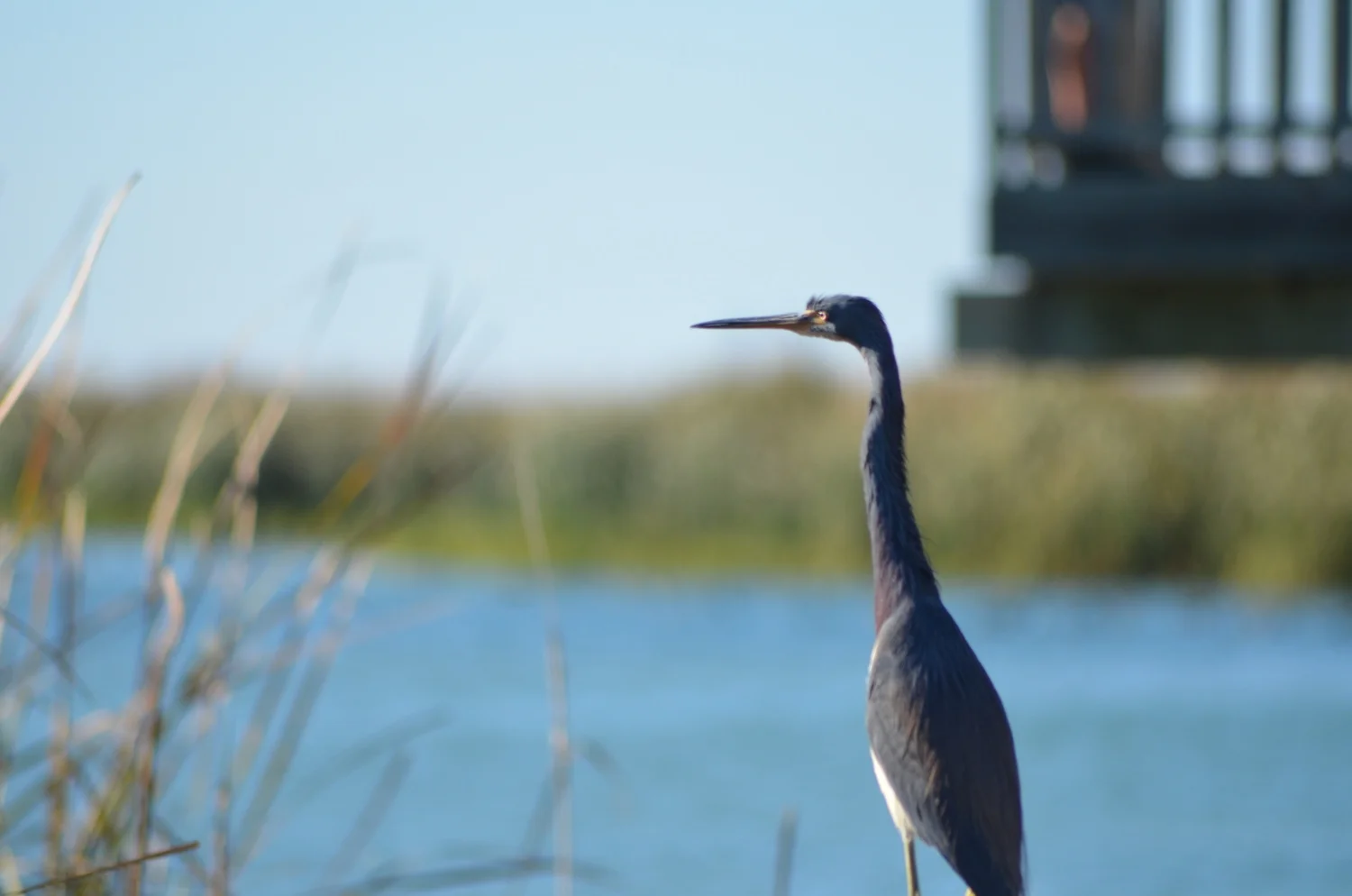I’m re-posting one of my first blog posts (not that there’s been that many!) as inspiration for this year’s #AcWriMo. What’s AcWriMo, you say? You can find out more here, but it was inspired by National Novel Writing Month. A bunch of people (academics, in this case) banding together, across the world, to try and get some writing done.
The below post was written over a year before I finished my PhD, so a little of it is outdated. But the sentiment holds true. The only way to accomplish your writing goals is to sit down and do it. Otherwise, life will sneak up and things will never get done. You’ll never find a day for nothing but writing, so chip away at it, a little at a time. It’s like science – sometimes you’ll move forward in leaps and bounds, but a lot of your progress will be incremental, building on what you had before. And that’s a good thing.
My goals for #AcWriMo:
• Write one hour, daily. Three hours on Wednesday. Preferably more each day
• Complete Response to Reviewers for paper #1
• Submit paper #2
• Write proposal for special issue paper
• Continue to refine materials for faculty applications
• Write an actual blog post
Good luck, and happy writing!
Original post:
When I want to procrastinate, which is all too often, one of my top strategies is to engage in “career development.” Looking for jobs that I might be qualified for, poking around www.sciencecareers.org or the Earth Science Women’s Network (www.eswnonline.org), or reading columns on Inside Higher Ed or the Chronicle. And the blogs. Oh, the blogs. So many.
Of course, the advice in many of these resources on becoming a successful academic, or really any type of scientist, boils down to one thing:
Write.
Write more. Write every day. Every single day. Treat it like a meeting – have at least a half hour of your day blocked out to write. Just get in the habit. Practice, practice, practice. Don’t get distracted. Turn off your internet. And WRITE.
I know this. I’ve known this for years. A couple of years ago, I went on a kick of consuming a bunch of books about writing. I read everything from Anne Lamott’s Bird by Bird to Josh Schimel’s Writing Science. Stephen King’s On Writing and William Zinsser’s Writing Well. Strunk and White. Science Writing and Communication. And guess what they said you should do?
Write.
When I was 17, I tried to do National Novel Writing Month (NaNoWriMo, for those in the know). Hundreds of thousands of people participating, trying to pound out 50,000 words in the month of November. That’s 1,667 words a day. Up through this sentence, this post is 240. I made it about half way through my novel, then stopped for a couple days and could never pick it up again. I still argue that November is a terrible month for this – how does anyone write during the chaos that is Thanksgiving? Nonetheless, every few years I try again. But I have never been as disciplined about it as that first time. Sure, I can pound out that much pretty easily on any given day, but not day in and day out. Establishing that habit, that pattern, is key. I learned that in high school through my failed novel, and it still holds true.
Writing science is different, of course. Getting a paper done is not so much about hitting a word count every day, as it is about finishing an idea or section. That might be the entire methods section (which I did a VERY rough version of yesterday for one paper) or it might be just a short paragraph in your discussion. Or the carefully phrased research questions in a proposal. Or the abstract as the cake topper to your (mostly) finished work. The point is, though, to get through something.
So, that’s my goal for 2015. Not to write a novel. Not to get ~1500 words a day. But just to write. Every day. At least half an hour. For now, it can be anything – a blog post even! But, especially as I really get down to writing that pesky dissertation, more and more of it will be science.
